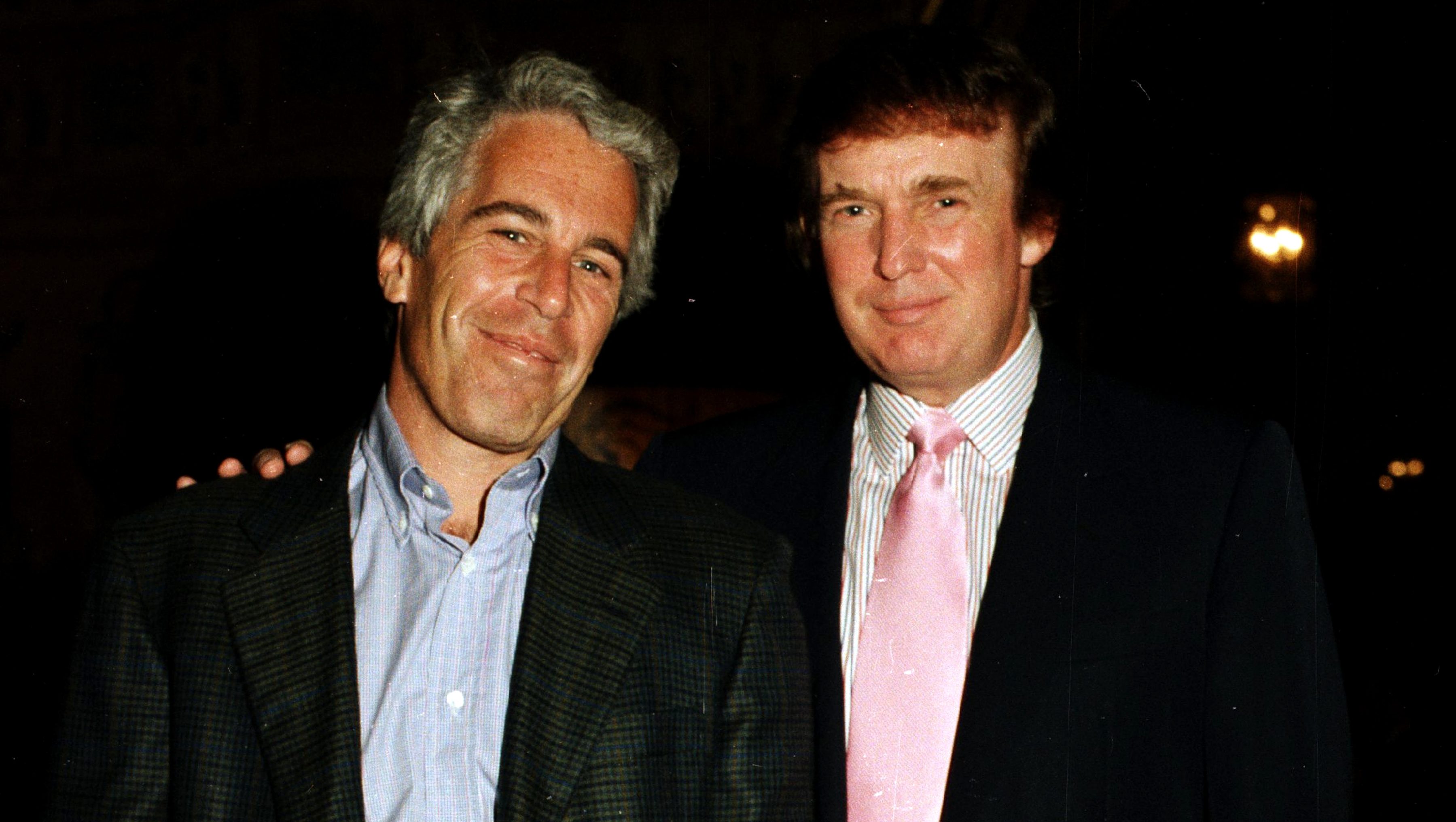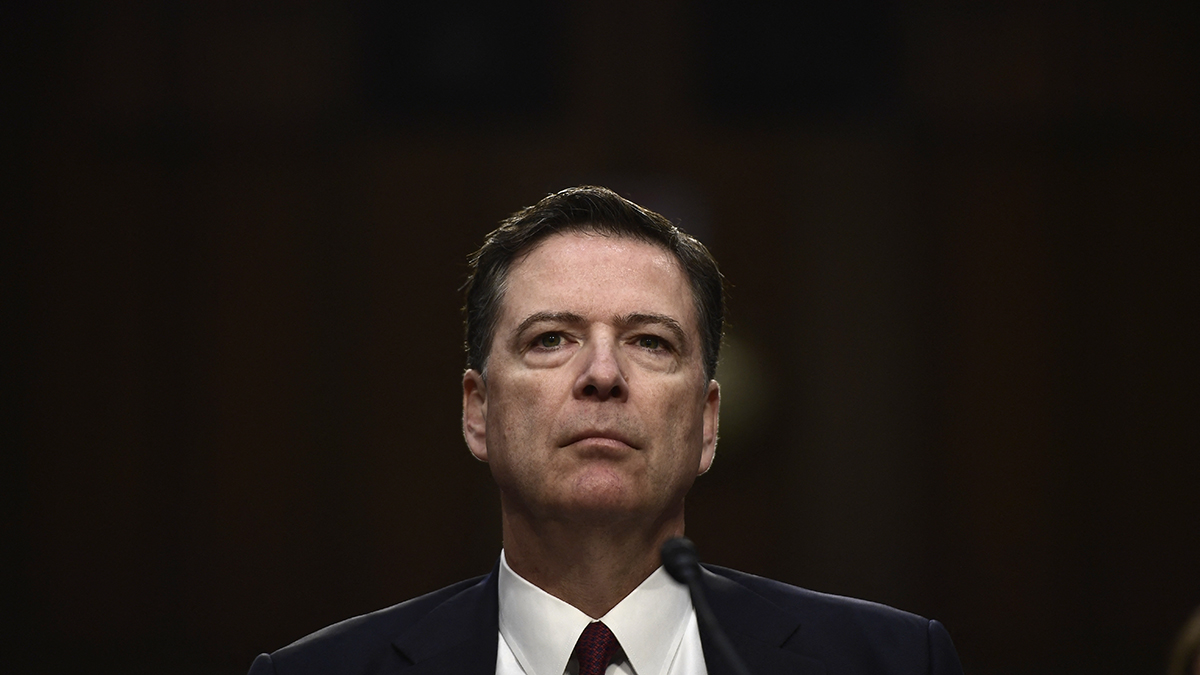The Justice Department’s records related to Jeffrey Epstein are on their way to becoming public after President Donald Trump signed the “Epstein Files Transparency Act,” but what could be in them, and when could the public actually see them?
Here’s a look at what’s known about the release so far — and what can be expected.
What are the ‘Epstein files’?
The term “Epstein files” has come to essentially mean all documents related to civil and criminal cases involving the late sex offender Jeffrey Epstein. Epstein was awaiting trial on federal sex trafficking charges when he died by suicide in his jail cell in 2019.
The indictment alleged that he sought out minors, some as young as 14, from at least 2002 through 2005 and paid them hundreds of dollars in cash for sexual acts at either his New York City townhouse or his estate in Palm Beach, Florida.
He was under investigation in Florida of allegations he preyed on a number of young victims in the mid-2000s but ultimately cut a deal to plead guilty to state charges involving just one minor. The Justice Department said this year that he had 1,000 victims.
Tens of thousands of pages of “Epstein files” have become public over the last 20 years, many originating from victims’ lawsuits against Epstein and previous criminal investigations.
The new Epstein files that are awaiting release are all in possession of the federal government.
Which files are supposed to become public, and when?
The documents scheduled to become public are from the FBI’s and the Justice Department’s investigative files into Epstein and his accomplice Ghislaine Maxwell, who is serving a 20-year prison term for conspiring to sex traffic minors.
The bill gives the attorney general 30 days to “make publicly available in a searchable and downloadable format all unclassified records, documents, communications, and investigative materials in the possession of the Department of Justice” involving Epstein, “including all investigations, prosecutions, or custodial matters,” and Maxwell.
It also calls for information on people, “including government officials, named or referenced in connection with Epstein’s criminal activities, civil settlements, immunity or plea agreements, or investigatory proceedings,” and “[e]ntities, (corporate, nonprofit, academic, or governmental) with known or alleged ties to Epstein’s trafficking or financial networks.”
The Justice Department is also directed to turn over any immunity deals, non-prosecution agreements, plea bargains, or sealed settlements involving Epstein or his associates, as well as internal “DOJ communications, including emails, memos, meeting notes, concerning decisions to charge, not charge, investigate, or decline to investigate Epstein or his associates.”
Why is this information being directed to be released now?
The directives are the result of a bipartisan House bill co-authored by Reps. Thomas Massie, R-Ky., and Ro Khanna, D-Calif., who have said they want transparency and accountability on behalf of Epstein’s victims.
The measure was stalled for months in part because of the government shutdown and in part because of opposition from Trump, who changed his position when the bill appeared headed for passage. It passed the House on Tuesday by a vote of 427-1. The Senate then approved it by unanimous consent and sent it to the White House for Trump to sign into law.
Can DOJ withhold any of the files?
The measure allows the attorney general to withhold some documents, including records that “would jeopardize an active federal investigation or ongoing prosecution, provided that such withholding is narrowly tailored and temporary.”
It doesn’t define how long “temporary” is or what the penalty for failing to comply would be.
In a joint memo in July, the FBI and the Justice Department said that they had conducted an “exhaustive review” of the case and that no one else is expected to be charged. Trump, however, directed Attorney General Pam Bondi to investigate former President Bill Clinton, his former treasury secretary Larry Summers and Democratic donor Reid Hoffman after their names appeared in the email documents last week.
None were accused of wrongdoing or implicated in any criminal activity in the emails, but Bondi ordered a U.S. attorney to comply with Trump’s directive. It’s unclear how that might affect files being released.
There’s also an exception “authorized under criteria established by an Executive order to be kept secret in the interest of national defense or foreign policy.”
The bill’s language makes it clear that the bar to withhold information is high.
“No record shall be withheld, delayed, or redacted on the basis of embarrassment, reputational harm, or political sensitivity, including to any government official, public figure, or foreign dignitary,” the act says.
Weren’t these documents already supposed to be turned over to Congress?
The House Oversight Committee subpoenaed the Justice Department for the entirety of its Epstein files in August.
The subpoena called for “all documents and communications relating or referring to” Epstein and Maxwell to be turned over to the committee by Aug. 19.
The Justice Department later told the panel it needed more time. It turned over more than 33,000 pages to the panel, which became public in early September.
Rep. Robert Garcia of California, the top Democrat on the committee, said that the vast majority of those records were already public and that only 3% were new.
A judge who presided over an Epstein-related case this year said there are roughly 100,000 pages in the file. House Republicans called the documents that had been turned over an “initial batch,” with House Speaker Mike Johnson, R-La., saying, “This is the beginning, not the end,” but the Justice Department has yet to turn over more documents to the committee.
Will the DOJ records include Epstein’s emails?
The committee has had more success so far with other subpoenas, including ones to the Epstein estate, which last week turned over more than 20,000 emails and documents, including correspondence about Trump and Clinton and with the likes of former Prince Andrew and Summers, the ex-treasury secretary and Harvard president.
The estate also provided the panel with a bawdy 50th birthday card Trump allegedly sent Epstein in 2003. Trump, who said an initial Wall Street Journal report about the card was made up, denies having sent it. Trump sued over the story’s publication.
It’s unclear whether the Justice Department previously had any of the information or documents the estate turned over. None so far seem to have implicated anyone in criminal wrongdoing.

Want more insights? Join Working Title - our career elevating newsletter and get the future of work delivered weekly.





